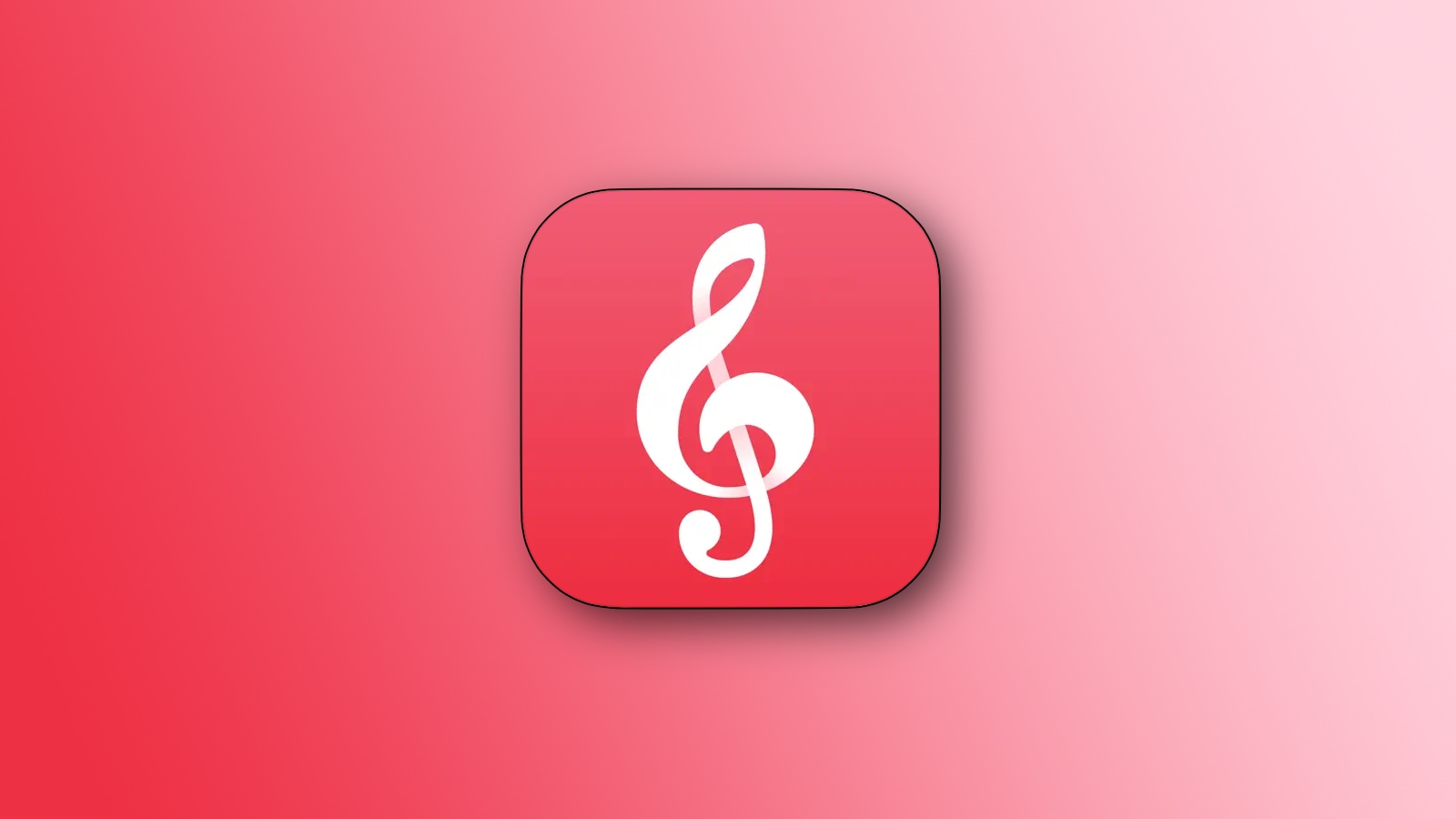Android users can download and use Apple Music Classical for free, but an Apple Music subscription is required to listen to classical pieces.

On May 30, 2023, Apple released an Android version of its Apple Music Classical app that launched on the iPhone in March. Curiously, the Android version dropped even though native versions for the iPad and Mac have yet to arrive.
You can download Apple Music Classical free of charge. However, an Apple Music (or Apple One) subscription is required to use it.
Apple Music Classical arrives on Android
Upon launch, you must connect your Apple Music account to start using the app. Use the following link to download Apple Music Classical from the Play Store:
The app is based on Apple’s acquisition of the classical music streaming service Primephonic in 2021. Primephonic was revered as the best app for classical music.
While Apple rebuilt and rebranded the Primephonic app, it many of the features that made Primephonic popular, including curated playlists and ad-free recordings of classical music in spatial audio and with up to 192 kHz/24-bit lossless audio.
Apple Music Classical for iOS and Android includes detailed music metadata and rich composer biographies, some of which are presented through unique artworks that Apple commissioned specifically for this app.
For a detailed breakdown of the features, read our Apple Music Classical FAQ.
What data does Apple Music Classical for Android collect?
The app collects your approximate location, name, email address and other personal information, payment information and purchase history, device IDs, and stats about app activity, performance and crashes. This data is used to improve the experience and is not shared with third parties.
What about Apple Music Classical for iPad and Mac?
It may come as a surprise that Apple released an Android version without first launching native versions for the iPad and Mac. On the other hand, Primephonic already had an Android app prior to the acquisition that Apple was able to quickly adapt and release on the Google Play Store under a new name.